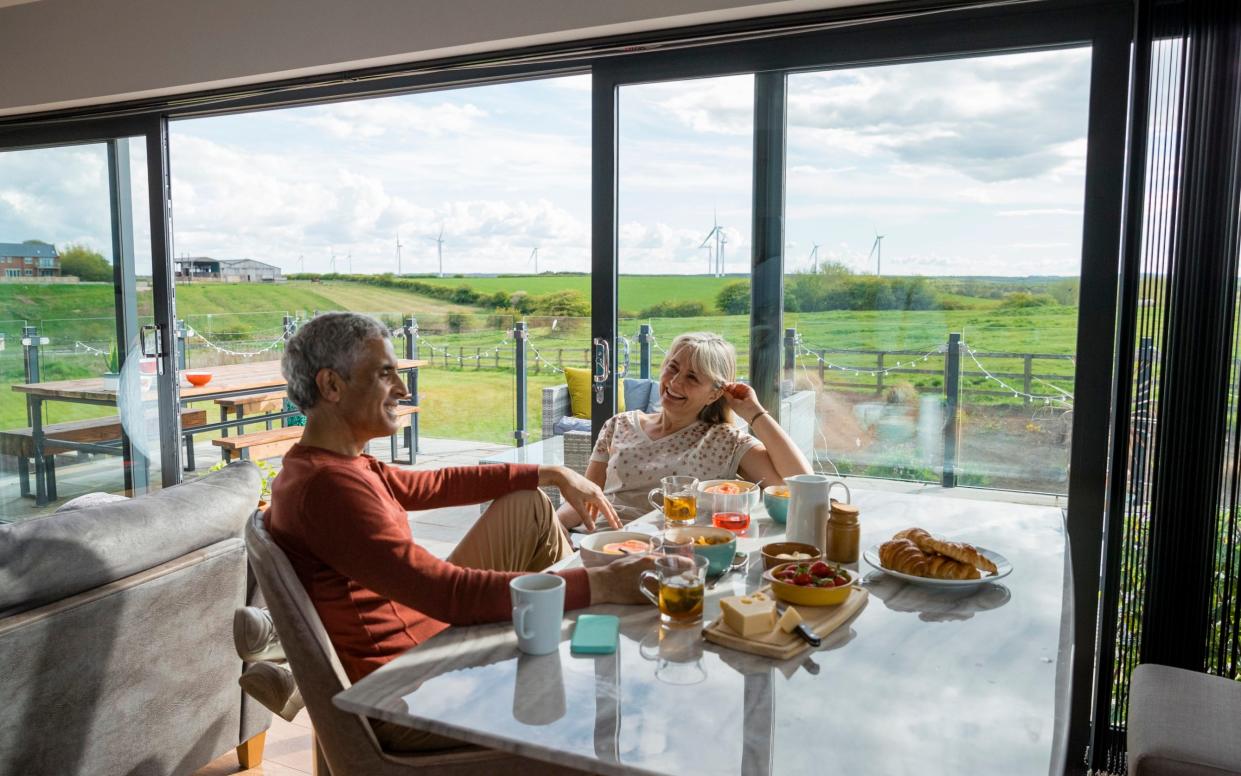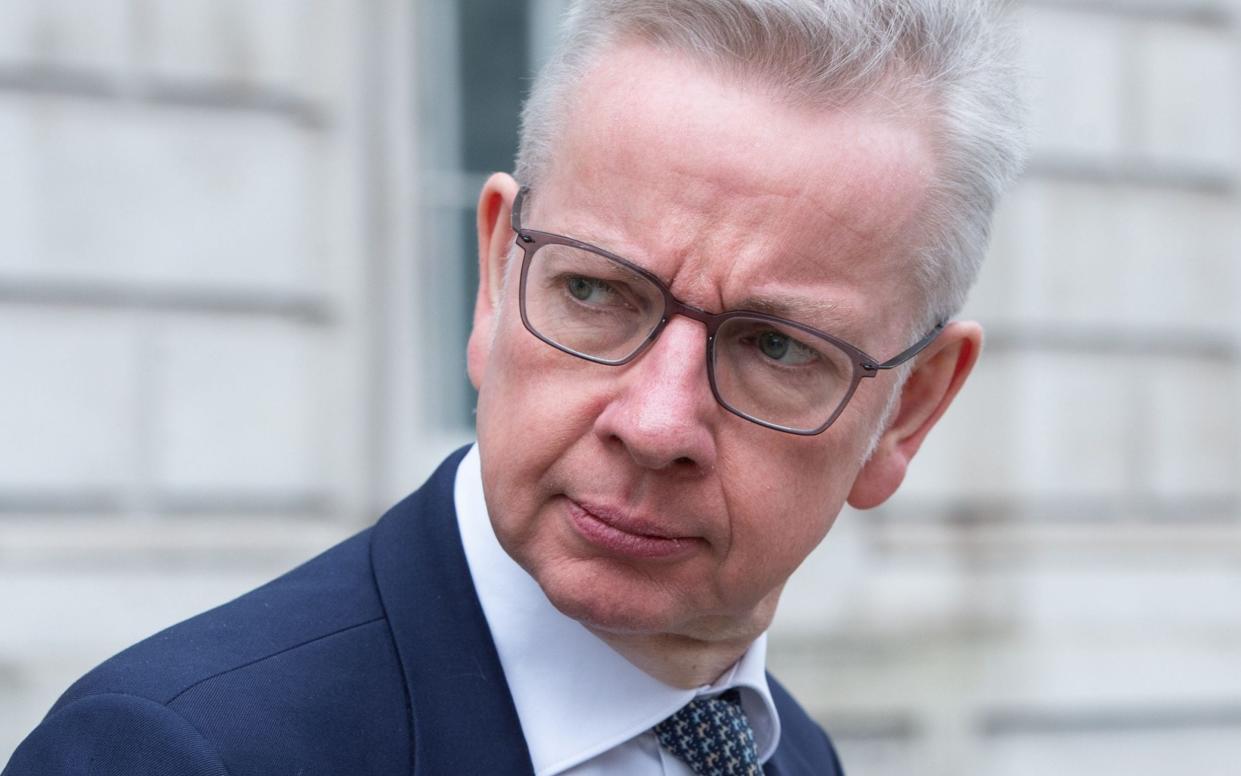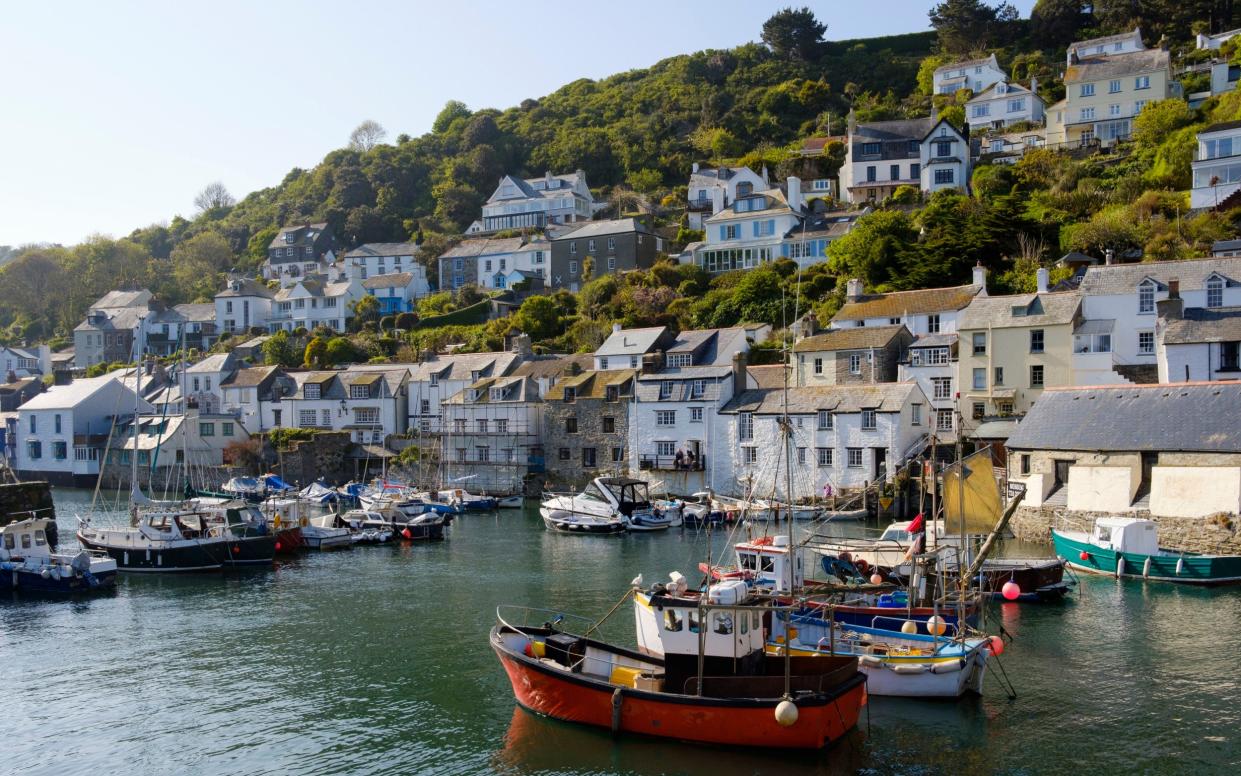Council tax to double for 80 per cent of second homes

More than three quarters of England’s second home owners are set to be charged double council tax next year, under new rules introduced by Michael Gove.
An analysis by The Telegraph has found that at least 153 local authorities will impose the inflated levy next April, a move that is likely to affect as many as 130,000 homes.
About 155,200 properties in England were recorded as second homes in the 2021 census, meaning that 84 per cent of those are set to be charged at double rates.
The charge will raise at least £215 million for councils and lead to owners paying thousands of pounds extra a year in tax.
The Government has been accused of waging a war on second homes. The Budget removed tax relief from those who run short-term holiday lets such as AirBnB and new rules from Mr Gove’s department mean that people wishing to rent out a short-term holiday home for more than 90 days a year must apply for planning permission.
Sir Iain Duncan Smith, the former Tory leader, said the new charge was “something Michael Gove should have stayed well away from.
“It will just get people angry and annoyed. We should not be attacking those people who have worked hard and tried hard.
“The idea that everyone is going to flock there to buy homes is not right. In fact, this policy could harm some of these communities which rely on tourism.”

Mr Gove said last year that district and unitary authorities would be given the power to charge double the rate of council tax on second homes from April 2025.
He introduced the plans at the behest of councils and MPs who said that second homes were pushing up house prices in holiday areas, pricing local people out of the market. But critics say second homes bring investment into seaside and country communities.
The Telegraph asked all councils with the power to levy council tax about their plans on charging second homes double.
Last year, 78 councils were planning on imposing the increase but the figure is now 153, around half of all local authorities.
The councils imposing the double rate
The Government is yet to release specific guidance on which homes can be landed with a double council tax premium. However, it is due to be brought in from next April despite research commissioned by the Welsh government showing that there is “limited evidence of the effectiveness” of an almost identical policy introduced in Wales five years ago.
The most affected area is Cornwall, which plans to charge double council tax on its 12,679 second homes, which could raise an estimated £24 million. Band D homes in the county currently pay £2,068.04 a year, meaning a second home in that category would pay at least £4,136.08.
Meanwhile, 6,900 homes in Herefordshire could be hit with the premium, raising £12 million, while £10 million could be raised from 5,200 properties in Westmorland and Furness.
As much as £7.9 million could be raised from 3,947 homes in South Hams, and £7.1 million from 3,654 homes in Northumberland.
As well as borough councils that look after areas popular with holidaymakers, cash-strapped councils in urban and commuter belt areas have pushed through the second home premium.
Second homes in Tunbridge Wells, in Kent, will be taxed at double rates even though this will raise just £64,000 from 34 properties. Gravesham council has brought in the premium even though it will be charged on only 21 second homes.

Greg Smith, the Tory MP for Buckingham, said: “I can understand why councils want to target second home owners to raise revenue, but there is a stark reality here that most second home owners are people stretching themselves to have a modest investment, saving for their retirement or securing their future.
“It’s not right to lump in everyone as if they are all big corporate property giants. Conservatives are about encouraging people to do the right thing, and for many years property has been the best route to save, to invest and plan for the future.”
Inner-city councils are also keen to bring in a second home premium in the hope that owners will sell up or decide to rent out their property. The proceeds could also raise money to build new affordable housing.
Hackney council in London has said that it will bring the levy in, though it does not yet know how many homes will be affected.
A spokesman said the move “aims to encourage property owners to use homes for local families who need them most, rather than keep them empty”.
The levy would also “provide extra income to contribute towards vital local services, with an ongoing lack of government investment forcing the council to find £57 million in savings over the next three years”, the spokesman said.
On top of the 153 councils, a further 15 are considering proposals to bring in the levy or are planning to introduce it from 2026.
One such authority that may still roll out the charge is North Norfolk district council, which could then impose the tax on 4,825 second homes.

Elliot Keck, of the TaxPayers’ Alliance, said: “Councils aren’t fooling anyone with their increasingly creative ways to pick the pockets of taxpayers
“And with local authorities now seeing healthy spikes in revenues, their incessant moaning about squeezed budgets will be falling on increasingly deaf ears.
“Town halls need to up their game and ensure that budgets are devoted to front-line services.”
Mr Gove, the Levelling Up Secretary, has defended the increase in council tax for second home owners.
He said he wanted to end the “scourge” of empty properties so “desperate” families were not “pushed out” of their communities.
The ability to double council tax rates was meant to start in April, but delays in getting the bill through Parliament mean it will not start until 2025. Local authorities will be able to implement the extra tax once the Government’s Levelling Up and Regeneration Bill passes its final stages. It is backed by all parties, and it is estimated that the changes will come into effect in April 2025.
Council tax for all homeowners will go up on Monday. For the first time, bills for the typical Band D home will exceed £2,500 in four local authorities. People living in the most expensive Band H homes in these areas will pay more than £5,000.
The most expensive council tax is in England’s smallest county of Rutland, where Band D households will pay £2,543, up 5 per cent on the previous year.
Overall, across England, the average Band D council tax bill will be £2,171, up 51 per cent on the rate in 2010, when David Cameron came to power. At that time, the average council tax bill was just £1,439.
Across the country, average bills in April will be 5.1 per cent higher than last year, or £106 for Band D households.
It is the largest increase since 2003-04, when bills went up by £126 on average. It is the second-largest increase in cash terms since council tax was introduced.
A spokesman for the Department for Levelling-Up, Housing and Communities said: “We know that people living in some parts of the country have been affected by the number of second homes in their area.
“That is why we have given extra powers to local leaders who know their area best so they can address these impacts.
“It is for councils to decide whether to apply the council tax premium on second homes, and we expect them to take due care when considering this.”


